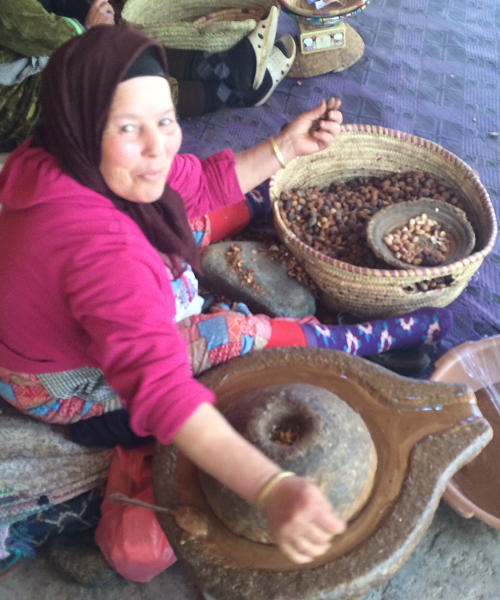Academics
Over the course of six weeks, gain a better understanding of the relations between Morocco, the greater North African Maghreb region, and France. Led by expert local professors, each course, taught in French, examines how these locations have continued to influence one another within different facets of society.
All students benefit from weekly, 60-minute darija lessons to learn key words and phrases of the Moroccan dialect of Arabic. Equipped with some common vocabulary, you will be bartering in the medina in no time!
Consider extending your stay in Rabat by two weeks by giving back to your home away from home. Community engagement and volunteer opportunities at local NGOs make for a great ending to your time in Morocco.






